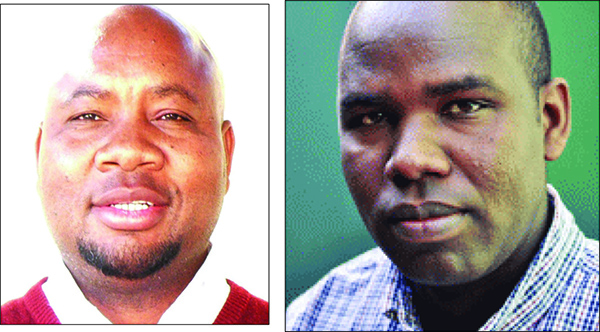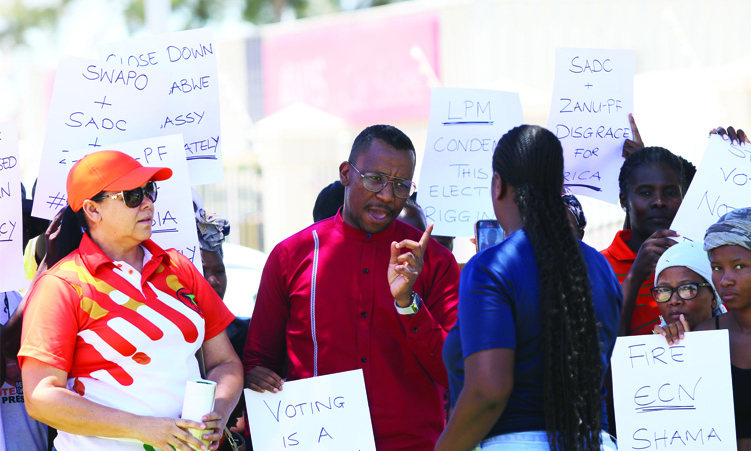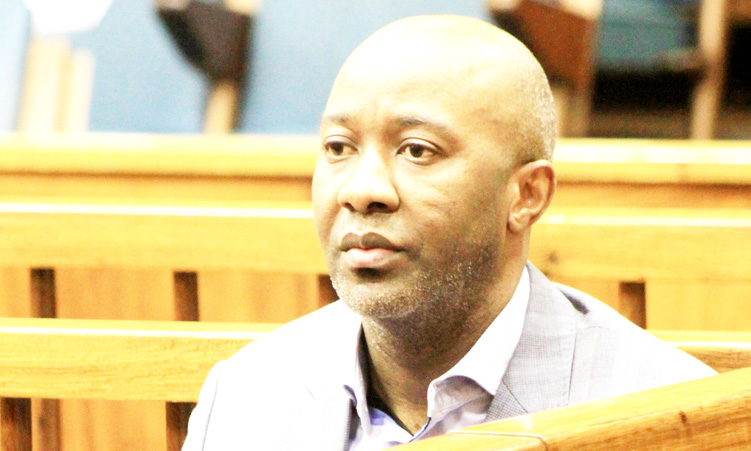Emmanuel Sulle, Maarit Thiem and Theodor Muduva IN NAMIBIA, communal land reform is of utmost importance because, although communal land only constitutes about 40% of the total landmass, the majority of the population lives on communal land.
While land reform has concentrated extensively on the redistribution of freehold land, land-based developments (i.e. irrigation projects, livestock farms and lodges) have increased pressure on communal land, threatening the tenure security for both individual and communal uses. Consequently, the protection of communal inhabitants’ land rights has become essential.
The major role players as defined in the Communal Land Reform Act 5 of 2002 include Communal Land Boards (CLBs) and Traditional Authorities (TAs). The functions and powers of CLBs and the TAs follow a system of checks and balances; TAs still have the primary power to allocate customary land rights. For example, CLBs are mandated with the ratification of customary land rights allocated by TAs. On the other hand, CLBs are tasked with the allocation of rights of leaseholds, but they can only do this when the relevant TA has consented to it. At least in theory, a TA should consult with its community before giving the go-ahead to a CLB to allocate a leasehold right.
While the Act portrays many good intentions to promote tenure security, on the ground however, communities often lack basic understanding of what their rights and responsibilities are. They are equally unaware of their rights to object to a proposed allocation or to appeal a decision once it has been made. They are also unaware of the responsibilities of the governing institutions and stipulated mechanisms to achieve such rights.
Partial and selective implementation of the relevant provisions of the law leads to land allocations being made without the knowledge of the impacted communities or individuals. Practically, though, it appeared that in some instances only few people in the communities are consulted and thus allocating pieces of land without the knowledge of the majority of the communities. This seems to be fuelling conflicts and resistance among the members of the community.
During recent workshops organised by the Legal Assistance Centre (LAC) in selected communities in Kavango East and Zambezi regions, it was clear that community members were unaware of their rights with regard to communal land.
In the event where a private investor is involved, many community members thought that a TA/chief is the only entity to decide whether a piece of communal land can be allocated or not, with or without consent from them. They were wondering what procedures to follow as members of the community if they were not happy with an investor who has been given part of their land for large-scale investment without their consent. Some did not even know that they had the right to appeal the decision of the TA or CLB with regards to an application for land based investment where no consultation was done or obtained through back-door negotiations.
In Kavango East, some participants even wondered why there are different messages about land registration being brought to them, citing an advert on the national radio and television that informs people to register their existing and new customary land rights through their Traditional Authority (TA) leaders. But, when they tried to approach their TAs, they were told not to bother because there was no need to register something (land) that is theirs.
In some communities TAs are considered as the very source of land conflicts because they benefit monetarily from land allocation processes. Members of the communities cite this as one reason why TAs in some areas are not supporting the registration of land advocated by the Namibian government through the Ministry of Lands and Resettlement. For Traditional Authorities, the power to allocate land is also a sign of power that they have been maintaining for centuries inherently.
The law contains several flaws, which have been acknowledged and discussed by the government and its partners. One is that it does not provide security for commonage areas. The ministry is looking into options of how groups could be enabled to register their land.
The workshops organised by the LAC have shown that educating communities on the content of the law, and thereby on their rights, is urgently needed. Communities are not looking for sophisticated knowledge, rather, basic information regarding their rights and responsibilities, and legal remedies, as well as the roles and responsibilities of their governing bodies such as TAs, CLBs and the Ministry of Lands and Resettlement.
As such, options should be explored to offer such learning opportunities to more communities. Communities’ understanding of their rights will help them to put pressure on those TAs who are unwilling to support the land rights registration process, and as a result are violating the rights of their people.
Thus, a golden opportunity exists for both government and NGO partners to collaborate in disseminating knowledge to Namibians living on communal land. But most of all, it is a great opportunity for communities to gain a better understanding of their rights on communal land.
See more at: http://www.plaas.org.za/blog/raising-awareness-land-rights-necessary-rural-namibians.
*Emmanuel Sulle (twitter: @esulle46) is a researcher at the Institute for Poverty, Land and Agrarian Studies (PLAAS), University of the Western Cape, South Africa.
*Maarit Thiem is a GIZ advisor to the Support to Land Reform Project.
*Theodor Muduva is a paralegal and public outreach officer at the LAC.
Stay informed with The Namibian – your source for credible journalism. Get in-depth reporting and opinions for
only N$85 a month. Invest in journalism, invest in democracy –
Subscribe Now!






